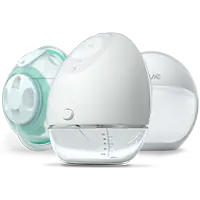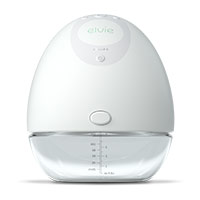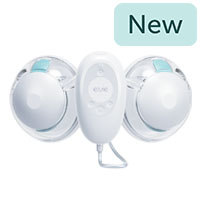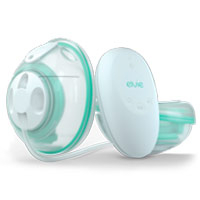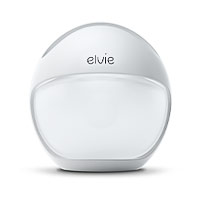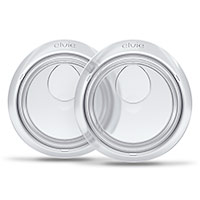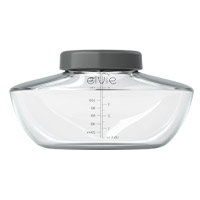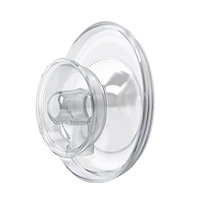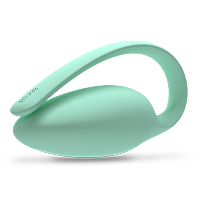With the notoriously abysmal paid maternity leave laws in the US, (we're literally one of six countries in the world that doesn't offer any), it’s hardly surprising that a lot of new moms have to go back to work quickly after giving birth. Which is probably why breast pump sales in the US have been growing.
In an effort to make breast pumps more accessible to more women, a few government initiatives have been launched. (Slow clap here for providing us with the absolute bare minimum). Insurance companies are now required to cover equipment and services promoting breastfeeding – like breast pumps and lactation counseling – at no cost to moms, which has no doubt helped increase demand.
Types of insurance plans
Health insurance in the US can be a bit of a head spinner, so here are the three types to consider when you’re choosing your cover.
Traditional fee-for-service health insurance plans are usually the most expensive choice and that's because they also offer the most flexibility in choosing health care providers. The gold standard of health insurance.
Health maintenance organizations (HMOs) offer lower co-payments and cover the costs of more preventive care. Your choice of health care providers is limited to those who are part of the plan.
Preferred provider organizations (PPOs) offer lower co-payments like HMOs but give you more options when selecting a provider.
OK, but what does this mean for breast pumps?
Like we already mentioned, a lot of women in the US are heading back to work early. And according to the American Academy of Pediatrics and the World Health Organization babies should be breastfed for at least the first six months of their lives. Which leaves moms in a bit of a conundrum. How on earth are you meant to be breastfeeding still when you’re back at work? The answer is, many don’t, according to the Centers for Disease Control and Prevention.
Which is where breast pumps should come in. You can pump at work and still give your baby breastmilk when you’re home. While getting a breast pump on insurance is easier now than ever, thanks to the Affordable Care Act’s policy that requires insurance companies to cover breastfeeding supports, some insurers place limits on the type of breast pump they cover, the vendors they work with, or whether it’s a rental or permanent unit. These restrictions often mean women are forced to choose outdated, clunky tech which can leave them feeling a hell of a lot like a feeding cow. Plus, where are you meant to plug in your breast pump at work?
Elvie to the rescue
You can now get award-winning Elvie technology on insurance, thanks to Elvie Stride. The quiet, hands-free pump can slip discreetly in your bra and will allow you to pump while you get on with your working day. We’ve even seen an airline pilot use hers while flying an actual real-life airplane. Our CEO and founder (and all-around awesome human) Tania Boler has said: “We’re bringing women’s technology out of the dark ages and are committed to designing cutting-edge products at accessible prices in order to do so,"
“We know the majority of women in the U.S. buy breast pumps that are covered by insurance, so we created Elvie Stride to better meet their needs today. No other pump offers mobility, quietness, connectivity, and efficiency, along with a premium design at a fully reimbursed price point, and we can’t wait to put this game-changing technology in the hands of more women!”
The new Elvie Stride suits lots of different plans and is stocked by a range of DMEs making it easier to get into the hands of the people who need it.
Can we help?
As you probably know, health insurance isn’t always 100% straight forward and it can feel like you’re doing a lot of hoop-jumping to get to where you need to be. If you think that your plan covers the cost of a breast pump, but your claim is denied, you have the right under the Affordable Care Act to an internal appeal or external appeal. If you need help, contact your state's Department of Insurance or Consumer Assistance Program. Go to https://www.healthcare.gov/what-are-my-breastfeeding-benefits/ for more information.

